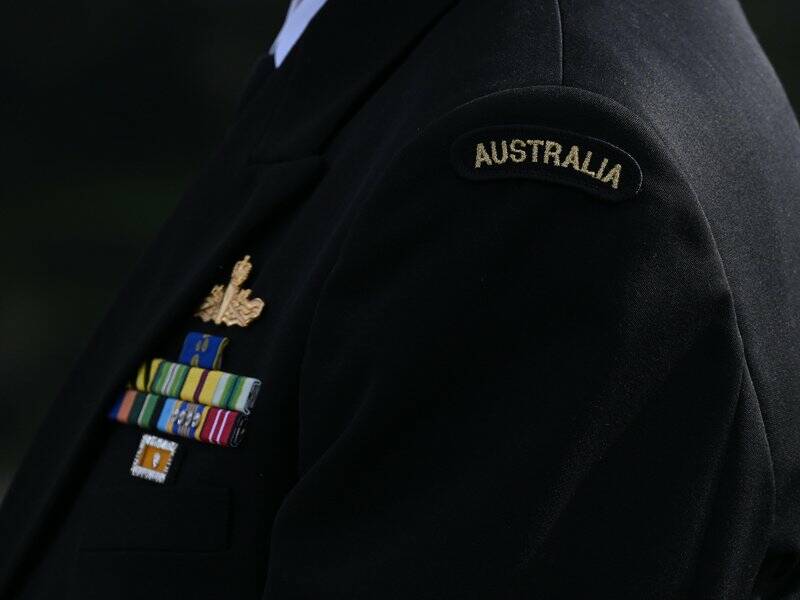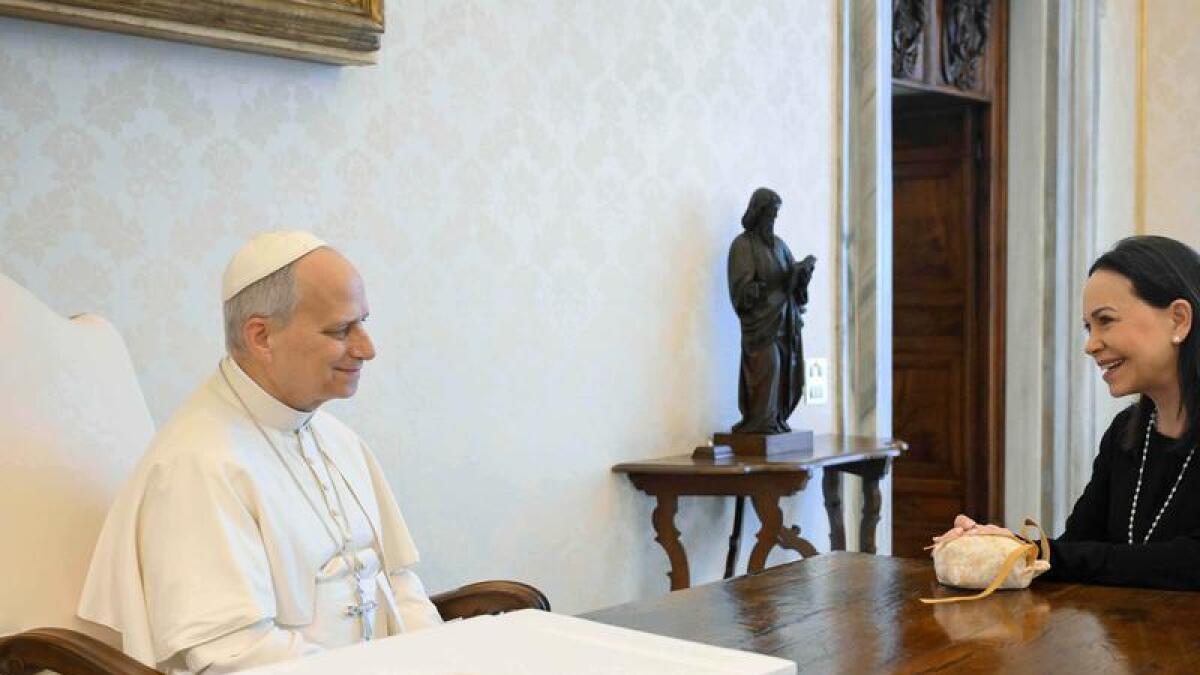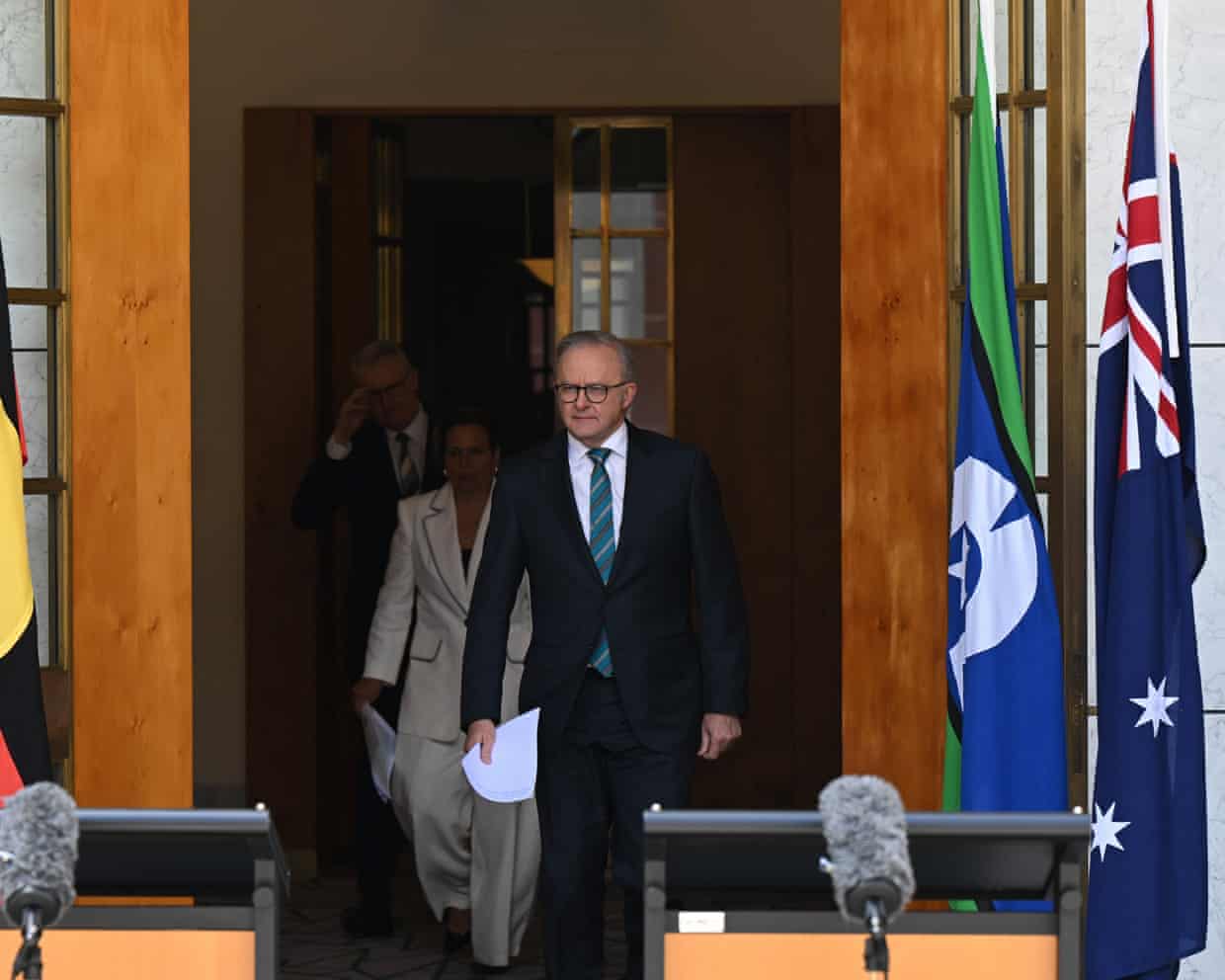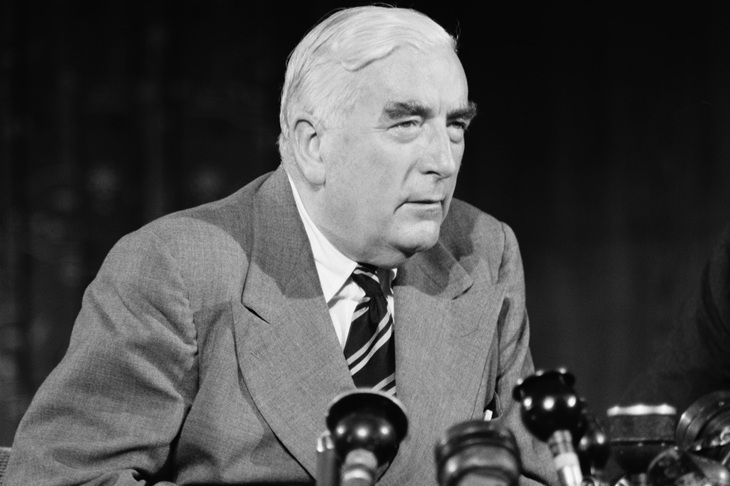
Australia has firmly resisted calls from the United States to define its military role in potential future conflicts, particularly concerning tensions in Asia. Prime Minister Anthony Albanese emphasized that Australia is already fulfilling its defence responsibilities, asserting that the nation is focused on maintaining peace and security in the region.
The US has been urging allies, including Australia and Japan, to clarify their commitments amid escalating concerns regarding Taiwan, which China claims as its territory. Elbridge Colby, a key strategist at the Pentagon, highlighted the need for clear communication among allies. He stated, “Of course, some among our allies might not welcome frank conversations. But many … are seeing the urgent need to step up and are doing so.”
During a visit to China on March 10, 2024, Albanese reiterated Australia’s defence initiatives, particularly through the AUKUS security pact with the US and the UK. He noted that Australia is enhancing its military capabilities as part of this arrangement. “Australia is providing considerable capacity, including increasing the capacity of the United States and the United Kingdom,” he remarked.
In response to the US’s request for commitments, Acting Defence Minister Pat Conroy asserted that Australia’s sovereignty would remain paramount in any military decisions. “The decision to commit Australian troops to a conflict will be made by the government of the day, not in advance,” he stated, reinforcing the government’s stance on maintaining autonomy in defence policy.
Experts are skeptical about whether any Australian federal government would agree to a “blanket agreement” regarding military involvement in future conflicts. Jennifer Parker, an associate expert at the Australian National University, suggested that the US may seek a deeper level of collaboration on war-gaming and scenario planning. “That allows allies working together … to understand how each of the countries might respond,” she explained.
The US is currently participating in Exercise Talisman Sabre, which commenced on March 10, 2024, involving approximately 30,000 personnel from 19 countries. This exercise is expected to attract close attention from China, which has monitored previous iterations since 2017. Conroy acknowledged the necessity of adjusting exercise protocols in light of China’s surveillance efforts, stating, “People observe these exercises to collect intelligence around procedures, around the electronic spectrum and the use of communications.”
Albanese’s six-day tour of China is expected to address significant economic and security issues. Analysts anticipate that he may bring up recent live-fire drills conducted by the Chinese military off Australia’s coast, which had not been communicated to Australian authorities in advance. Nevertheless, the Australian government has not confirmed whether this topic will be raised during Albanese’s discussions with Chinese President Xi Jinping.
Australia’s approach to its military commitments reflects a careful balancing act between maintaining strong alliances and prioritizing national sovereignty. The ongoing dialogue with the US and the participation in multinational exercises like Talisman Sabre will likely shape the future of Australia’s defence strategies in a rapidly evolving geopolitical landscape.






